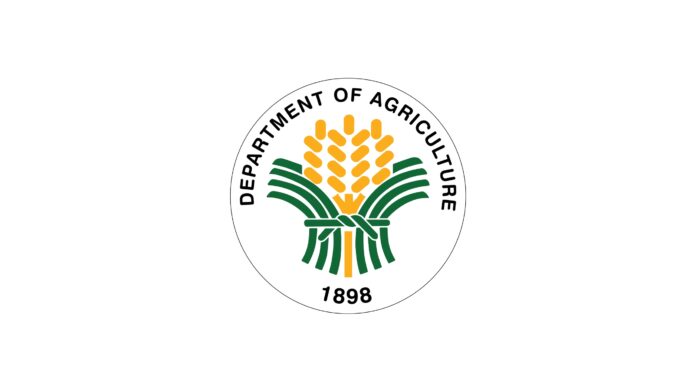The Department of Agriculture has released guidelines for a revised program aimed at helping the swine industry recover from the devastating effects of African swine fever and to reduce pork imports.
Renamed as the Modified Integrated National Swine Production Initiatives for Recovery and Expansion, or Modified INSPIRE, Agriculture Secretary Francisco P. Tiu Laurel Jr. said the changes to the program address the challenges and practical concerns to ensure the success of the hog industry repopulation program.
“In the absence of a vaccine, there is a clear need to refocus the strategy for hog industry repopulation and recovery to stabilize pork prices, reduce import dependence, and boost food security,” said Sec. Tiu Laurel.
By increasing domestic hog production, the Modified INSPIRE program is expected to replace around 60,000 metric tons or around 10 percent of imported pork.
Under Memorandum Circular 28, the new strategy focuses on sow-weaner operations through multiplier and production farms using artificial insemination.
Beneficiaries are required to adopt modern climate-controlled systems or conventional facilities compliant with biosecurity level 1. Multiplier farms will distribute breeding stocks to members, while piglets from production farms will be distributed similarly or sold to registered buyers or large swine companies.
Sec. Tiu Laurel said this approach aims to minimize ASF risks, sustain piglet production, provide technical support to beneficiaries, and ensure efficient monitoring by farmer cooperatives and associations that are supervised
by local government veterinary offices or the Bureau of Animal Industry.
The proposed support packages include P16.2 million for a 60-sow production farm, P10 million for a 30-sow production farm, P10 million for a 30-sow multiplier farm, and P10 million for a production farm package for recipients with existing facilities.
Funding coverage for biosecure facilities, animal husbandry supplies, weaners for swine grow-out facilities is pegged at P5.5 million, while a budget of P3 million to P5 million was fixed for the acquisition of biosecure hauling trucks.
The swine industry continues to struggle with the aftermath of ASF, a disease lethal to hogs that has severely impacted pig populations nationwide.
According to the Bureau of Animal Industry, ASF remains active in 21 municipalities across 10 provinces in the Philippines. From a hog population of around 12.7 million pigs in 2018, the year prior to the Philippines reporting an ASF outbreak, the count has dropped steadily to below 10 million and is at 9.8 million at the end of September 2023.







